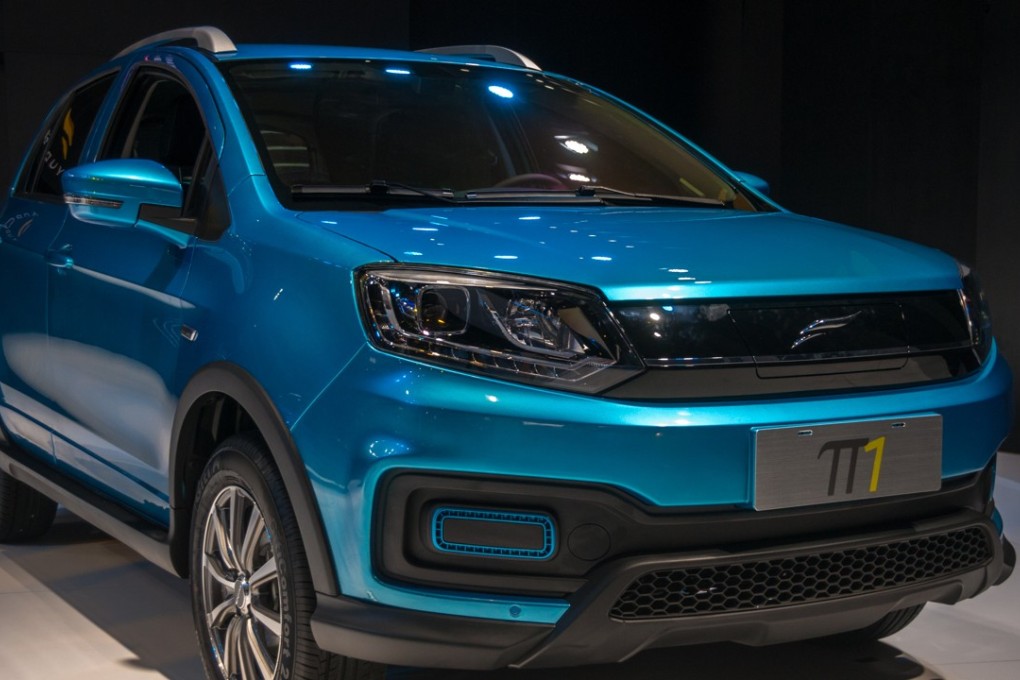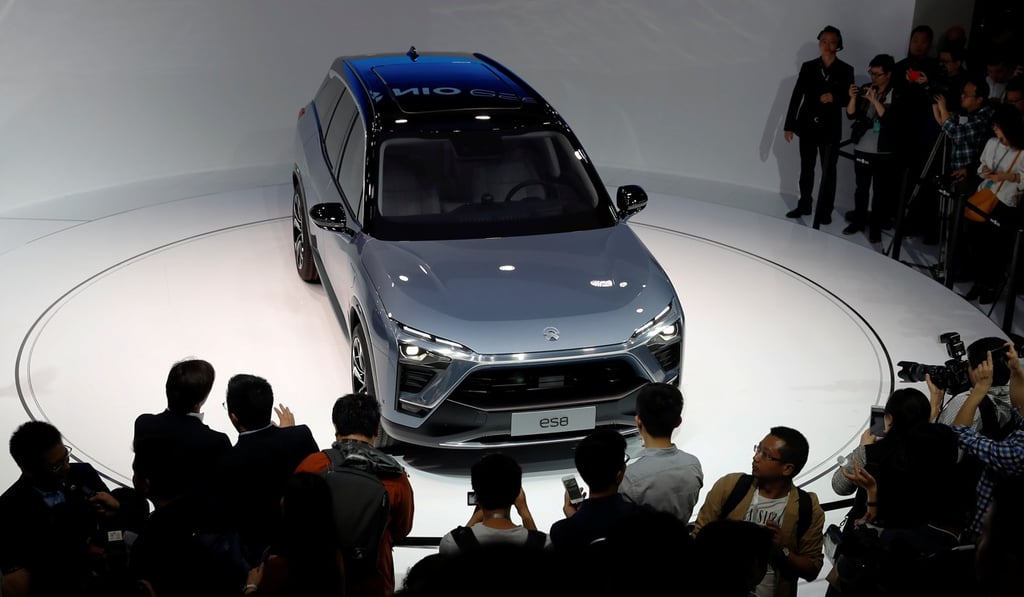Another Chinese Tesla wannabe? This one may be different
With a production licence and its own factory, Yudo Auto stands out from most of China’s electric-vehicle makers. Its first car, the π1 is a solid offering

Spurred on by Beijing’s drive to go electric, the last few years have seen a slew of companies spring up with plans to enter the burgeoning new-energy vehicle market. Along with a desire to cut pollution and reduce reliance on imported oil, China hopes to position itself as a world leader in electric vehicles, something it has struggled to achieve with petrol-powered cars.
To encourage sales, the government offers research and development grants and consumer subsidies, and has exempted new-energy vehicles from ownership quotas in its bigger cities.
One of the few that do is Yudo. Unlike Nio, which recently launched its ES8 model to much fanfare, Yudo Auto has a production licence and its own factory. It also has a car aimed at the masses. The π1, launched in October, comes in two versions – the “City Range” and “Long Range” – and prices after government subsidies range from 74,900 yuan to 114,900 yuan.

Yudo claims that at a constant 60km/h the different versions can travel 200km and 330km respectively. Along with increased battery capacity, the “Long Range” version gains a more powerful 85-kilowatt electric motor which helps offset the 100kg increase in weight.
So far Chinese sales of new-energy vehicles have largely been of smaller all-electric cars and usually to car-sharing schemes. The π1 fits nicely into this demographic, being a small car with generic SUV-type styling.
For the price point, and especially considering this is Yudo Auto’s first ever car, the quality is reasonable. External panel-fit is acceptable and inside, the forward area of the dashboard uses soft touch plastics, although the rest is hard plastic. While the glove box doesn’t open as smoothly as it could, it is much better than the quality of early new-energy offerings from BYD and better than the current Chery eQ.